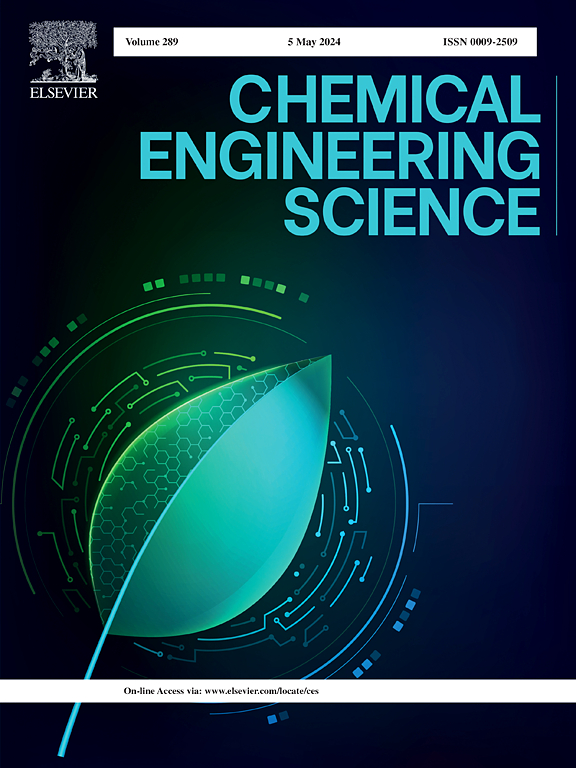Controlled depolymerization of polyethylene terephthalate based on twin-screw extruder and repolymerization of the depolymerized products
IF 4.1
2区 工程技术
Q2 ENGINEERING, CHEMICAL
引用次数: 0
Abstract
The highly-efficient alcoholysis strategy of PET and the reuse of the depolymerization products are of great importance. This study develops continuous and efficient depolymerization strategy of PET without catalysts using a twin-screw extruder with BHET as the alcoholysis agent. The results show that PET can be rapidly depolymerized into oligomers (3000–6000 g/mol) in a few minutes with the molecular weight effectively controlled by adjusting BHET amounts. The screw speed and the amount of BHET added have a significant impact on the molecular weight of the oligomers. The alcoholysis reaction follows first-order reaction kinetics with a high activation energy (97 kJ/mol). The oligomers obtained from depolymerization are melt condensed to prepare regenerated PET (rPET) within 1 h, which has thermodynamic properties similar to commercial PET. The recycling strategy of “polymer-oligomer-polymer” saves reaction time, improves recycling efficiency, and provides a new idea for the treatment of waste plastics.
求助全文
约1分钟内获得全文
求助全文
来源期刊

Chemical Engineering Science
工程技术-工程:化工
CiteScore
7.50
自引率
8.50%
发文量
1025
审稿时长
50 days
期刊介绍:
Chemical engineering enables the transformation of natural resources and energy into useful products for society. It draws on and applies natural sciences, mathematics and economics, and has developed fundamental engineering science that underpins the discipline.
Chemical Engineering Science (CES) has been publishing papers on the fundamentals of chemical engineering since 1951. CES is the platform where the most significant advances in the discipline have ever since been published. Chemical Engineering Science has accompanied and sustained chemical engineering through its development into the vibrant and broad scientific discipline it is today.
 求助内容:
求助内容: 应助结果提醒方式:
应助结果提醒方式:


